Returning the Nation to Its Roots: The Debate Over Nigeria’s National Anthem By Abisayo Busari-Akinnadeju
The phrase “returning the nation to the mothers” belongs to Mr. Farouq, an active participant on our #IAMANIGERIAN nation-building platform.
The debate over the new National Anthem has persisted for days, with many torn between accepting the change, considering the current state of the country, especially over the past year, and the aftermath of subsidy removal, among other challenges.
The reintroduction of the 1959 National Anthem was met with many criticisms, primarily for the rushed process accompanying the passage of the bill and the subsequent presidential assent. While some viewed the change as a political maneuver to divert attention from criticizing the government on the eve of their one year in office, others saw it as a positive step, possibly marking the beginning of a new Nigeria.
It’s crucial to emphasize that a nation’s anthem is not a trivial matter, and Nigerians should not take this symbolic move lightly. An anthem, originally from the word “antefn,” according to Vocabulary.com, signifies a song by multiple persons, now representing a rousing or reverential song expressing allegiance or embodying the ideals of a people or nation.
Most nations have recitals that symbolize their allegiance; for instance, “God Save the Queen” or “God Save the King” for the United Kingdom, with variations for Scotland, Northern Ireland, and Britain. Nations at some point consider a variation of their anthem for example. Australia recently changed a line in their anthem to represent the reality of not being a young country anymore, “For we are one and free” replaced “For we are young and free”. more inclusive system, These songs stir national spirit. Nigeria, post-October 1st independence, has had a National Anthem enshrined in the Constitution, reflecting some of our national values. The 2024 anthem echoes the one used at independence, while the 1978 version was composed during General Obasanjo’s regime.
1959/2024 NIGERIA NATIONAL ANTHEM
The 1959 lyrics, composed by Lillian Jean Williams, with music by Ms. Berda, were selected from over 500 entries, and adopted in 1960 during Nigerian independence celebrations. Criticisms against the anthem included the fact that the lines were not submitted by Nigerians and that the winners were women.
The 1978 National Anthem, composed by the Police band under Pa Benedict Odiase, also deserves mention. Sadly, the writers, John, A Ilechukwu, Eme Etim Akpan, B. A Ogunnaike, Sota Omoigui and P.O Aderibigbe still deserves to be honoured nationally. Their entries that won were not properly acknowledged by the nation, nor were promises of recognition fulfilled. The nation should consider this and posthumously to those who had passed on. Honouring them in 2018 was a mark of respect to highlight that patriotic contributions matter.
While it may seem coincidental, Nigeria has seen economic and patriotic decline since around 1979. The demand for the return of the “good old days” alongside the reintroduced National Anthem as a condition for accepting the new anthem suggests that focus is on the economic benefits from the nation as opposed to the intrinsic fabric that builds a society value system. However, love for the nation can inspire change. For example, having leaders with the vision of leaving a better nation for our children can influence decisions, reduce corruption, and encourage nation building activities.
I believe the return to the old anthem aims to reignite lost passion while working to reposition the country. It’s part of several changes to come. Perhaps it signals a shift towards gender-blind leadership, focusing on dedication and vision rather than gender or political affiliation.
While it may take time to adapt to the new anthem, its lines should remind us of the need for reflection and consideration of our nation’s direction. Let’s embrace it and return the nation to those who genuinely care, bridging our differences for a better future, enjoyed both at home and abroad.
Nigeria, we hail thee,
Our own dear native land.
Though tribes and tongues may differ,
In brotherhood, we stand.
Nigerians all, proud to serve
Our sovereign Motherland.
Our flag shall be a symbol
That truth and justice reign.
In peace or battle, honored,
This, we count as gain,
To hand on to our children
A banner without stain.
O God of creation,
Grant this, our one request:
Help us to build a nation
Where no one is oppressed.
And so, with peace and plenty,
May Nigeria be blessed.
Let’s build a nation where no one is oppressed, with plenty for all. God bless Nigeria and my readers.
Abisayo Busari-Akinnadeju
@QueenofCountryNg
@Beeseryor
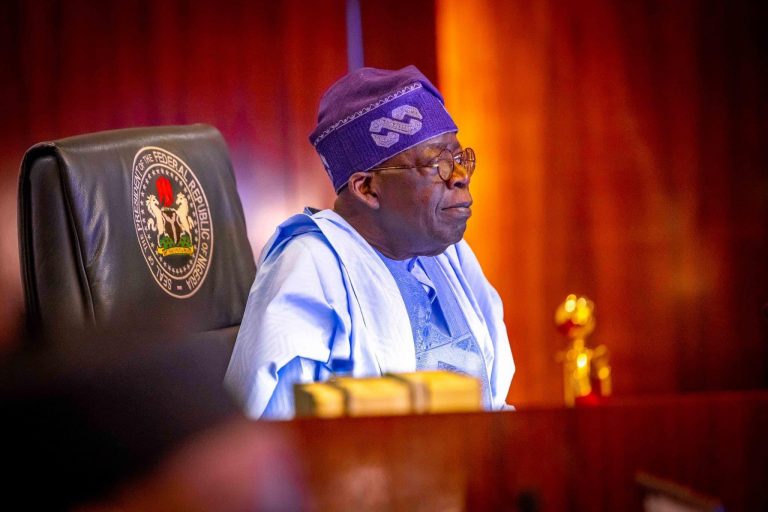
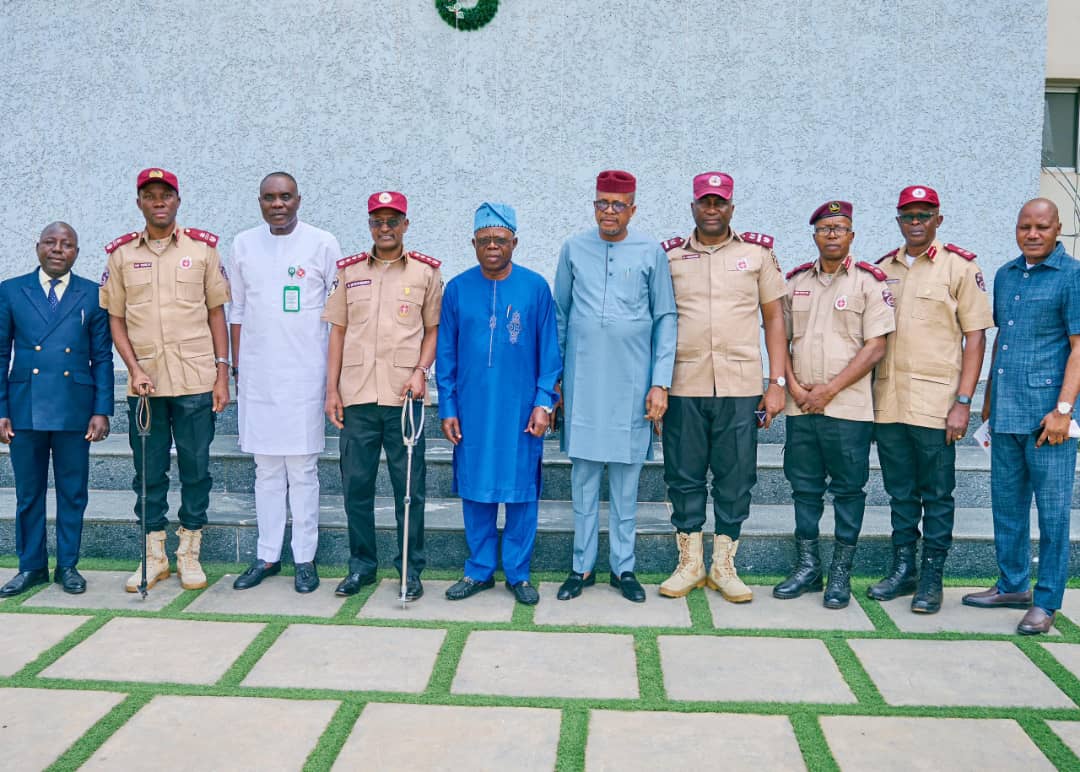

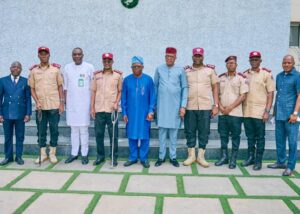
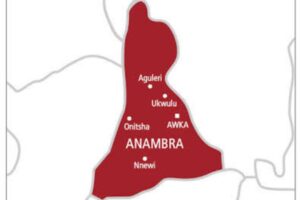


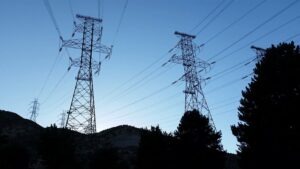
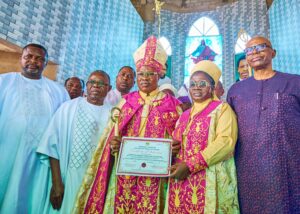
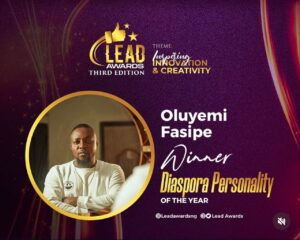
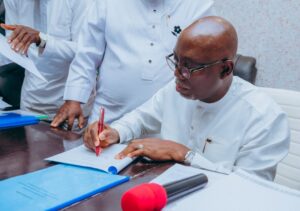

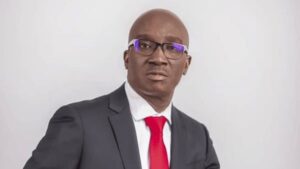
Post Comment